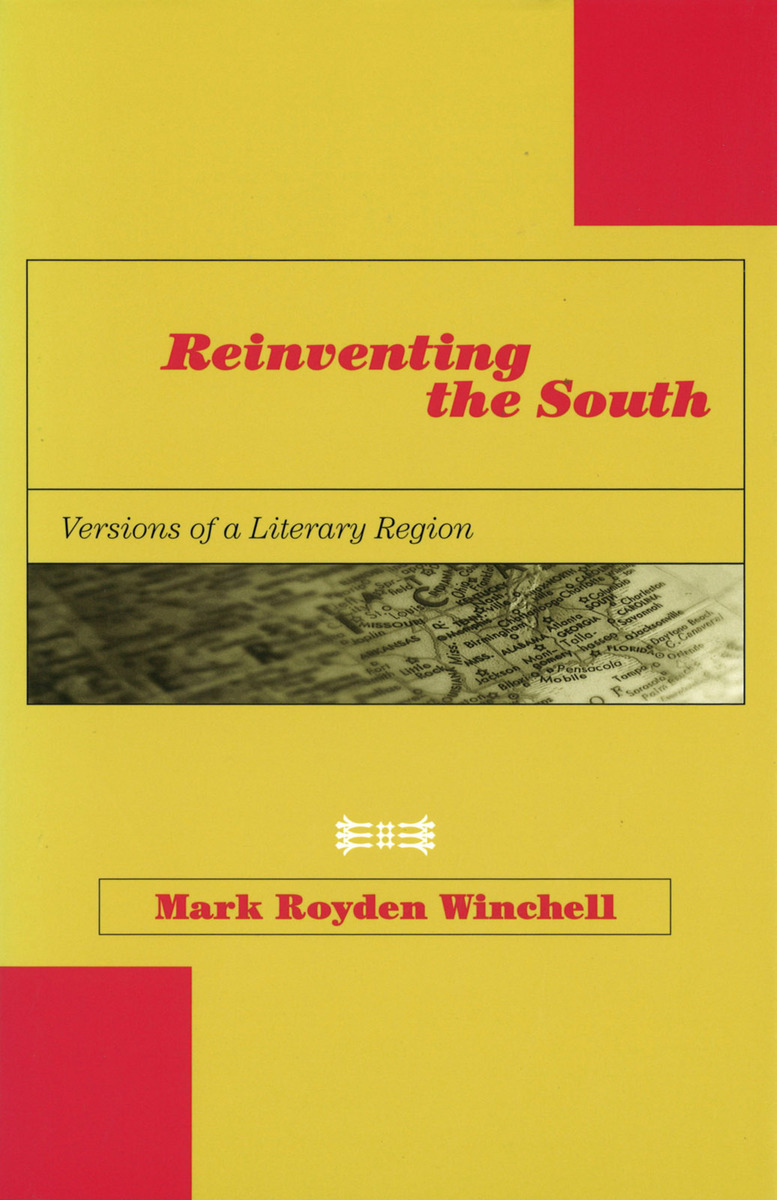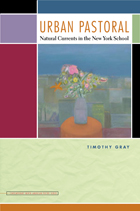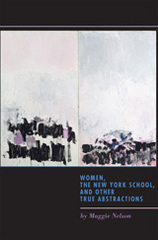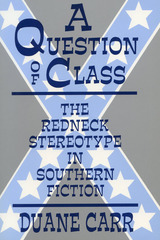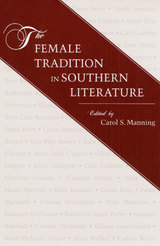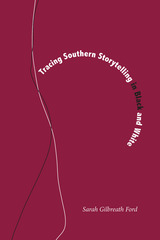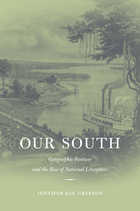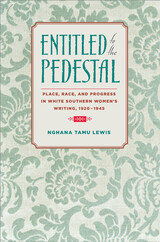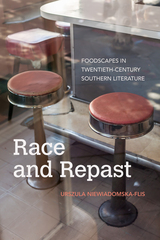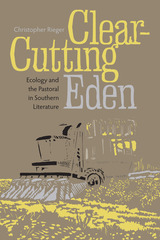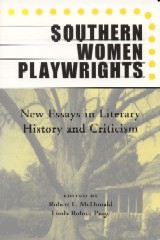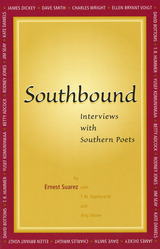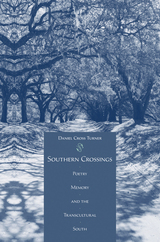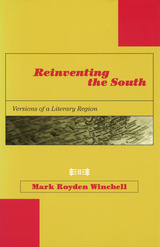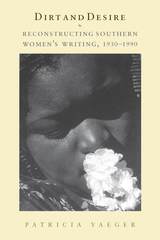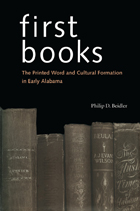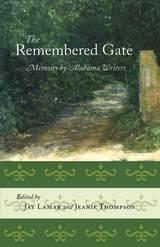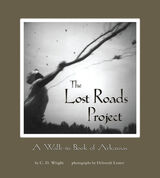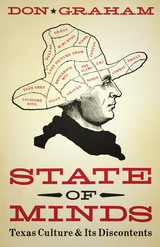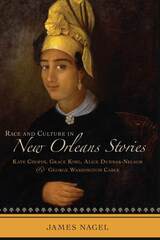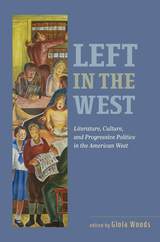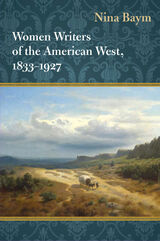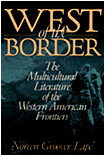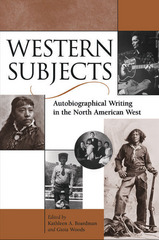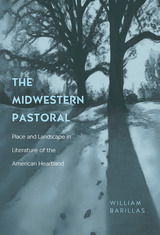Reinventing the South: Versions of a Literary Region
University of Missouri Press, 2006
eISBN: 978-0-8262-6509-8 | Cloth: 978-0-8262-1618-2
Library of Congress Classification PS261.W56 2006
Dewey Decimal Classification 810.9975
eISBN: 978-0-8262-6509-8 | Cloth: 978-0-8262-1618-2
Library of Congress Classification PS261.W56 2006
Dewey Decimal Classification 810.9975
ABOUT THIS BOOK | AUTHOR BIOGRAPHY | REVIEWS | TOC
ABOUT THIS BOOK
Before the Civil War, the South had a flourishing culture. In the dormant decades following the surrender at Appomattox, however, southerners devoted most of their energies to survival, neglecting such luxuries as literature. It was not until the 1920s that the South experienced a significant rebirth of literary activity.
Mark Royden Winchell’s book is divided into two sections. The first, entitled “The Nashville Renascence,” examines this resurgence of literature. This movement was partly an attempt to define or reinvent southern culture both socially and aesthetically, and the Fugitives and Agrarians were at the forefront. Essays in this section explore the political and social vision of the Agrarians; discuss prominent charter Agrarians John Gould Fletcher and Robert Penn Warren; and examine the influence the Fugitives and Agrarians have had on later southern literature, even into the twenty-first century.
The second section of the book, “The Lower South,” deals with writers outside the Nashville tradition, including William Faulkner and Tennessee Williams, as well as two novelists who combine elements of southern and western regionalism—William Humphrey and Cormac McCarthy. All of these figures belong to a “lower South,” a region unrelated to the Nashville literati and with an audience less insistently highbrow.
Winchell’s thoughtful and well-informed book includes the most extensive discussions to date of the work of Monroe K. Spears and Walter Sullivan. The essays in this cohesive collection build upon one another to demonstrate how the literary imagination can create different visions of a regional culture and different versions of a regional myth.
See other books on: 1865- | Regionalism in literature | Reinventing | Versions | Winchell, Mark Royden
See other titles from University of Missouri Press
